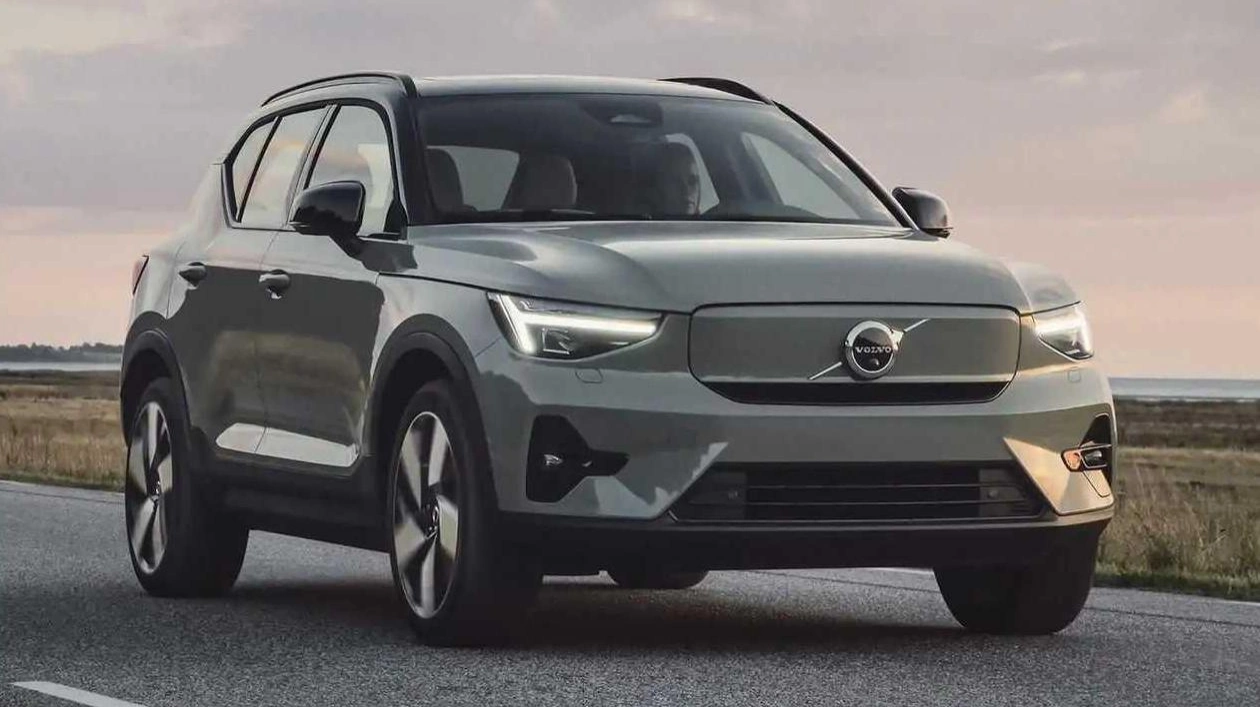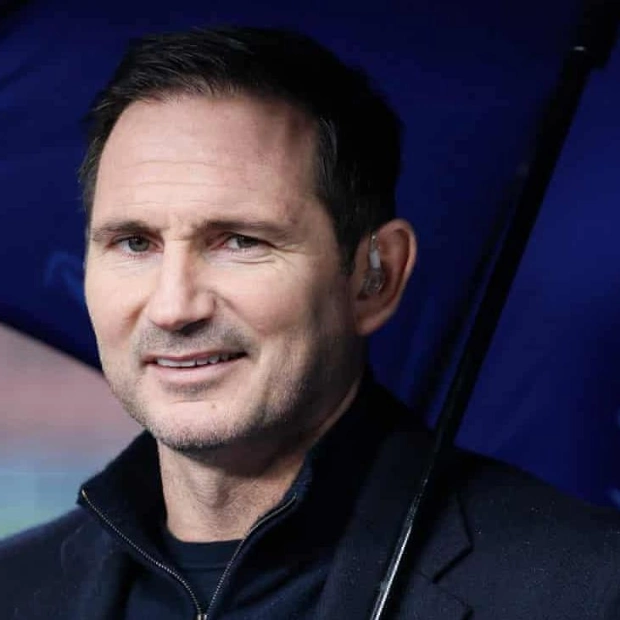Volvo was among the pioneers in the automotive industry to pledge a lineup exclusively electric. The commitment was initially announced in March 2021. By the end of May 2024, Volvo's CEO affirmed that an all-electric portfolio remained 'very achievable.' Jim Rowan expressed 'confidence' that Volvo could cease sales of combustion engine vehicles within five years. However, during the latest quarterly investor webcast in late July, the CEO acknowledged that 'it'll take time to bridge different parts of the world for full electrification.' This suggests that the original aim to become a pure EV brand by 2030 may not be met. In early September, Volvo officially revised its ambitious electric targets. The new goal is for plug-in hybrids and electric cars to comprise 90-100% of annual sales by the end of the decade. Volvo acknowledges that vehicles without charging ports will likely remain in the market longer than initially anticipated, but only in 'limited number of mild hybrid models.' The Swedish brand attributes the slower-than-expected EV adoption to several factors, including the slower development of charging infrastructure and reduced or eliminated incentives for EVs in some countries. Volvo also cites newly imposed tariffs on electric cars in certain markets. Volvo anticipates that cars with a charging cord (PHEVs+EVs) will make up 50-60% of deliveries by 2025, up from 48% in the second quarter of this year. From April to June, fully electric cars represented 26% of total shipments. The company plans to continue investing in mild-hybrid and plug-in hybrid models as part of its 'strategic adjustments' to align better with consumer preferences. In the long term, Volvo aims to achieve net zero greenhouse gas emissions by 2040. Volvo joins a growing list of automakers, including Porsche, Mercedes, Bentley, and Ford of Europe, that have revised their original electric goals in recent months.

Text: Lara Palmer
04.09.2024
Volvo Adjusts Ambitious Electric Vehicle Targets Amid Slower Global Electrification Pace





